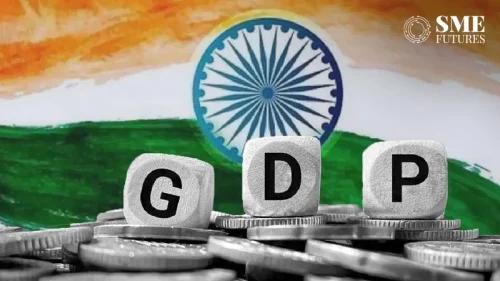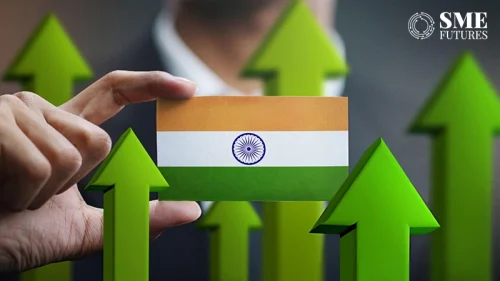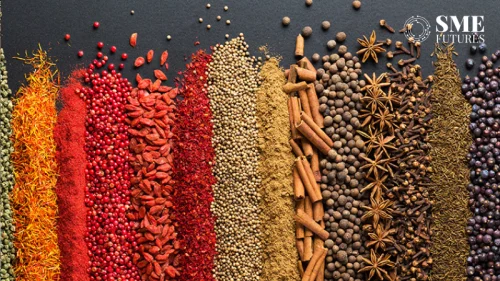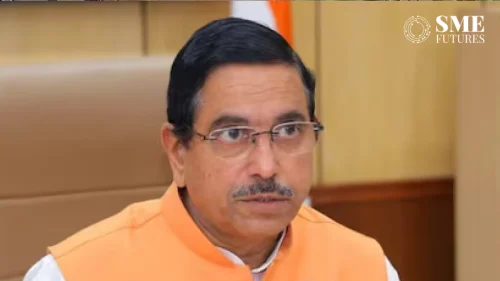Increasing the limit on debit or credit card payments without swiping on the PoS machines, expanding money transfers anywhere in the world and inter-operability of digital transactions are among a slew of recommendations made by ASSOCHAM to the Finance Ministry and the RBI for giving a further push to India’s digital landscape which is playing a savior in the human and economic turmoil caused by Coronavirus.
Other key suggestions listed in the ASSOCHAM letter to the Finance Minister Nirmala Sitharaman and RBI Governor Shaktikanta Das include promoting Bharat QR as single open-loop QR code-based payment mechanism capable of accepting payments from all modes – Cards, UPI and Wallets.
“The objective is to help the government further push adoption of digital payments among the masses and merchants so as to advance and maintain social distancing in this critical scenario. These times have drawn attention to the safety and cleanliness of basic activities,” said ASSOCHAM Secretary General Deepak Sood in the identical letters to Finance Minister and the RBI Governor.
He said in this hour of anxiety, further deployment of technology platforms like VPA, IFSC, SWIFT Code can be effectively used for money transactions which may include remittances to Indian students studying in some of the countries, worst affected by Covid-19 outbreak and reaching relief to the needy.
For facilitating trade, e-payments should be facilitated for all the channels by issuing BQR code and taking merchant onboard, making the process simple – comparable to UPT-QR. The 2FA for Bharat QR transactions for amount up to Rs 5000 should be waived off – making it comparable to other card transactions (contact and contactless transactions).
Besides, all cards (both debit, credit and prepaid), newly issued or re-issued, should be activated with Domestic Card-Not-Present [CNP] and Contactless transaction options. Currently, transactions up to Rs 2000 done using Contactless Cards through tap and pay mode are allowed without PIN. ‘’In view of the ongoing pandemic situation, transactions up to Rs. 5,000 may be considered without the requirement of PIN, irrespective of whether the card is a contactless card or not. This will help in reducing the contact with the POS terminal. The increase in contactless transaction limit may be considered for a limited period of 6 months’’. Afterwards, regulator may take appropriate decision to continue or revert.
All cards, newly issued or re-issued, should by default be activated for domestic online/e-commerce transactions (domestic card-not-present transactions) at the time of issuance. Cards which are already in circulation should be enabled for domestic online/e-commerce transactions (domestic card-not-present transactions) with an option with the customer to opt-out of the facility, if he/she desires.
ASSOCHAM also strongly recommended that the NBFCs be given licences to issue credit cards to the SMEs, a move which can help the small and medium firms with their working capital for short periods. Besides, Trade Receivable Discounting System (TReDS) should be made mandatory for all suppliers to come on board this platform. This will help in seamless presentation of bills, their validation, discounting and approval of funds on a single platform. TReDS should also allow NBFCs to take part in financing.









